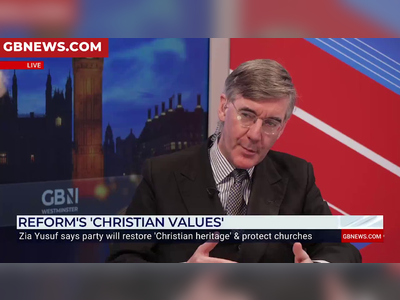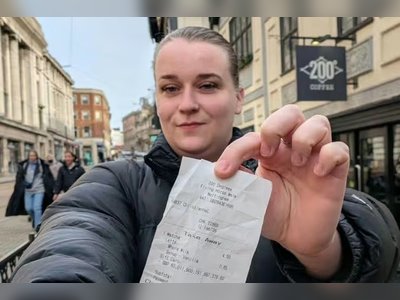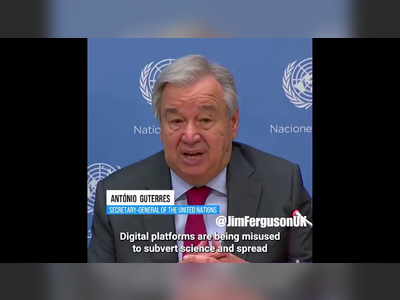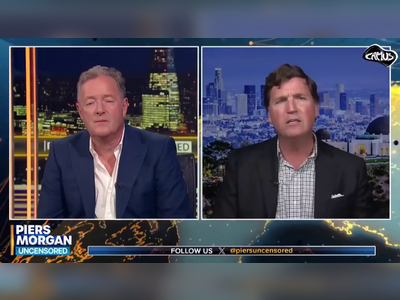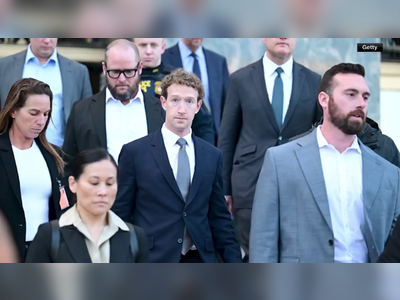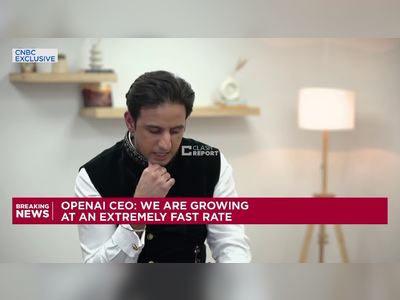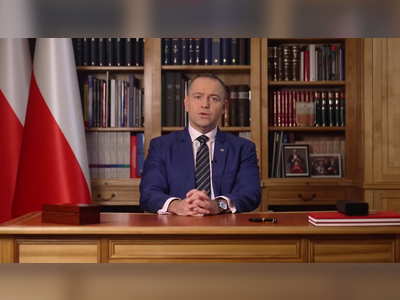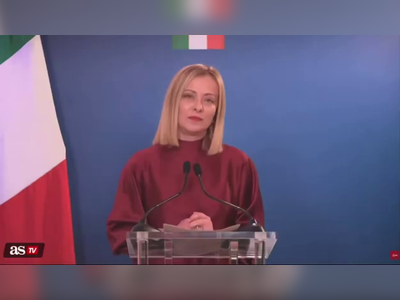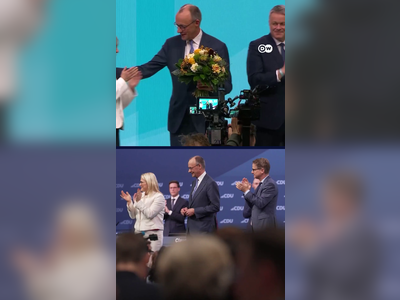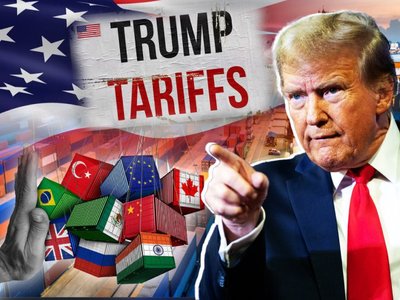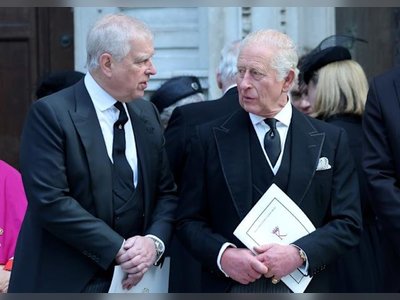Strukton Turns Corner with Saudi Bribery Settlement: A New Era Post-Sanderink
In a significant move towards revitalization, Strukton resolves longstanding Saudi bribery case, signaling a strategic pivot under fresh leadership.
Strukton, a prominent Dutch rail and civil engineering giant, is back on the growth track after securing a settlement in its prolonged bribery scandal in Saudi Arabia.
This development marks a pivotal turning point for the company, occurring swiftly after the departure of its controversial former leader, Gerard Sanderink.
The settlement, which resolves accusations that have cast a long shadow over Strukton's reputation, represents an essential stride towards rehabilitating the company’s standing both domestically and internationally.
The bribery allegations, which have lingered for several years, involved securing contracts in the Middle Eastern market — a region known for its lucrative but often contentious business practices.
Under the guidance of current leadership, spearheaded by Rob van Wingerden, Strukton is keen to reassure stakeholders and the broader public of its commitment to ethical operations and corporate compliance.
'The company has a future,' asserted van Wingerden in a statement that emphasizes the board’s dedication to steering Strukton away from past missteps and towards a thriving, transparent future.
This settlement comes amid a strategic overhaul following Sanderink's tumultuous tenure, characterized by legal disputes and high-profile controversies that have at times overshadowed Strukton’s core business operations.
The company’s decision to settle the Saudi allegations can be seen as a strategic move to put the contentious chapter behind, allowing it to focus on expanding its portfolio and innovation in rail infrastructure projects.
Strukton’s involvement in the Saudi market once promised expansive growth opportunities, but these quickly soured under ethical scrutiny globally.
The resolution of these issues is expected to reinvigorate the company’s pursuits in international markets where governance and compliance are increasingly under the microscope.
In the broader context, Strukton's moves underline a growing trend among multinational corporations operating in complex global environments where adherence to robust ethical standards is increasingly non-negotiable.
Regulators and stakeholders alike are raising the bar for accountability, compelling companies like Strukton to recalibrate their internal and external strategies significantly.
As Strukton steps away from the shadows of this scandal, it aims to harness its engineering prowess to regain trust and elevate its market standing.
Industry watchers will keenly observe whether the strategic shifts under van Wingerden will translate into sustainable success and renewed investor confidence going forward.
This development marks a pivotal turning point for the company, occurring swiftly after the departure of its controversial former leader, Gerard Sanderink.
The settlement, which resolves accusations that have cast a long shadow over Strukton's reputation, represents an essential stride towards rehabilitating the company’s standing both domestically and internationally.
The bribery allegations, which have lingered for several years, involved securing contracts in the Middle Eastern market — a region known for its lucrative but often contentious business practices.
Under the guidance of current leadership, spearheaded by Rob van Wingerden, Strukton is keen to reassure stakeholders and the broader public of its commitment to ethical operations and corporate compliance.
'The company has a future,' asserted van Wingerden in a statement that emphasizes the board’s dedication to steering Strukton away from past missteps and towards a thriving, transparent future.
This settlement comes amid a strategic overhaul following Sanderink's tumultuous tenure, characterized by legal disputes and high-profile controversies that have at times overshadowed Strukton’s core business operations.
The company’s decision to settle the Saudi allegations can be seen as a strategic move to put the contentious chapter behind, allowing it to focus on expanding its portfolio and innovation in rail infrastructure projects.
Strukton’s involvement in the Saudi market once promised expansive growth opportunities, but these quickly soured under ethical scrutiny globally.
The resolution of these issues is expected to reinvigorate the company’s pursuits in international markets where governance and compliance are increasingly under the microscope.
In the broader context, Strukton's moves underline a growing trend among multinational corporations operating in complex global environments where adherence to robust ethical standards is increasingly non-negotiable.
Regulators and stakeholders alike are raising the bar for accountability, compelling companies like Strukton to recalibrate their internal and external strategies significantly.
As Strukton steps away from the shadows of this scandal, it aims to harness its engineering prowess to regain trust and elevate its market standing.
Industry watchers will keenly observe whether the strategic shifts under van Wingerden will translate into sustainable success and renewed investor confidence going forward.
